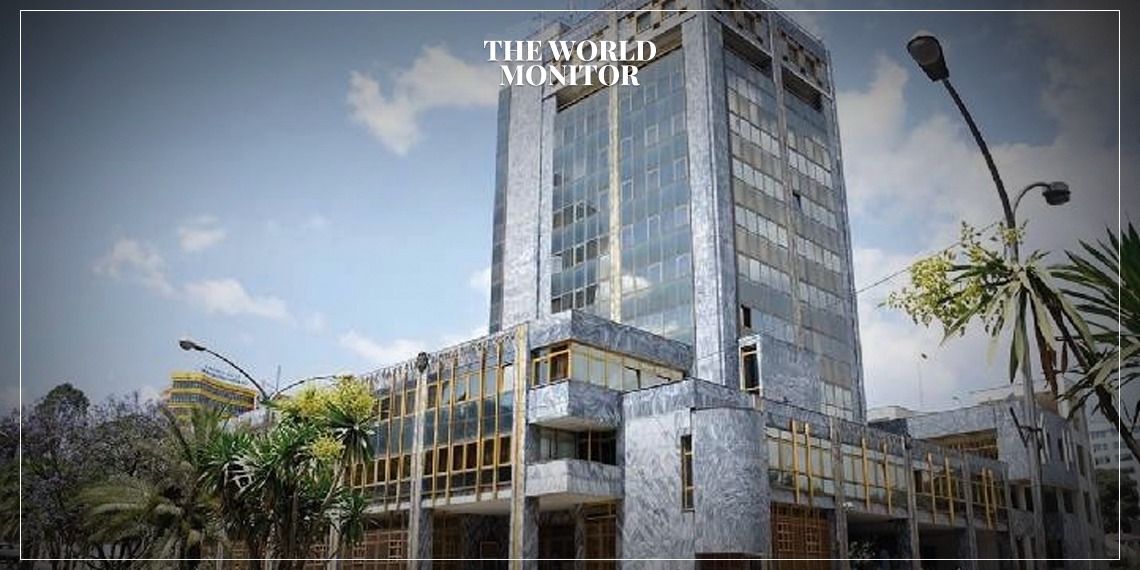The International Monetary Fund’s (IMF) Executive Board has greenlit a $3.4 billion assistance package for Ethiopia following the country’s commitment to easing foreign exchange restrictions as part of broader economic reforms.
This approval triggers the immediate release of a $1 billion installment.
The four-year program aims to support Ethiopia in addressing macroeconomic imbalances and establishing a private sector-driven growth foundation.
IMF Managing Director Kristalina Georgieva remarked that the board’s approval underscores Ethiopia’s strong commitment to profound reforms, expressing the IMF’s pleasure in supporting efforts that aim to foster a more stable and inclusive economy for all Ethiopians.
Ethiopia, the second most populous country in Africa, pins its hopes on a nearly $10.5 billion bailout package from external creditors, including the IMF, although negotiations have been challenging and protracted.
Analysts note that the IMF has pushed for significant reforms in Ethiopia’s state-controlled economy, including currency liberalization, in exchange for financial support.
The Horn of Africa nation has experienced armed conflicts in recent years and has grappled with the fallout from COVID-19 and climate-related shocks.
With external debt totaling approximately $28 billion, Ethiopia faces high inflation and a scarcity of foreign currency reserves.
Since assuming office in 2018, Prime Minister Abiy Ahmed has pledged to reform Ethiopia’s closed, state-dominated economy, although progress has been slow.
In a statement on Sunday, Abiy announced that Ethiopia’s reform agenda will pave the way for strong private sector-led economic growth and job creation.
He noted that the economy has seen “strong” growth over the last six years, with the GDP growth rate averaging 7.1% from the 2019 to 2023 fiscal years.
However, more than 21 million people, about 18% of Ethiopia’s population, rely on humanitarian aid due to conflicts and climate disasters such as floods or droughts, according to United Nations (UN) data.






